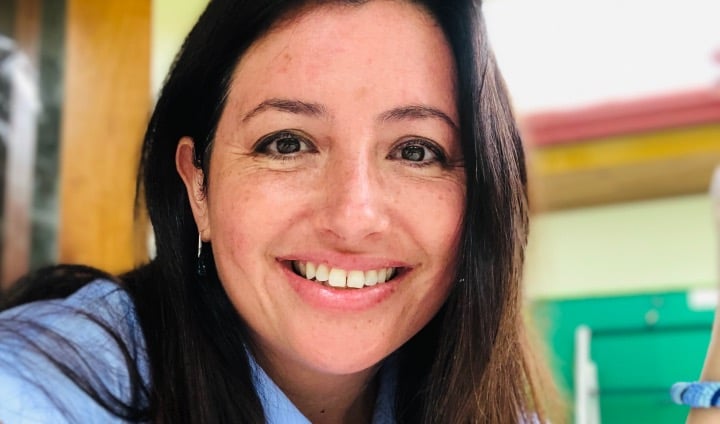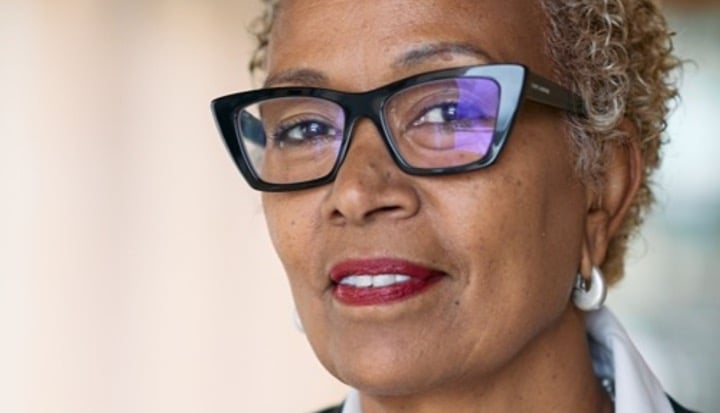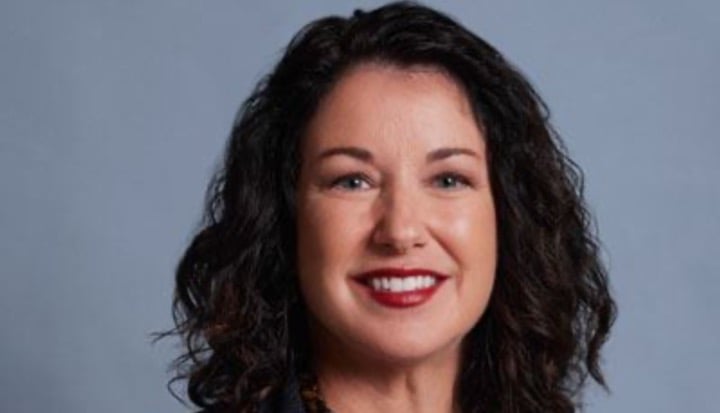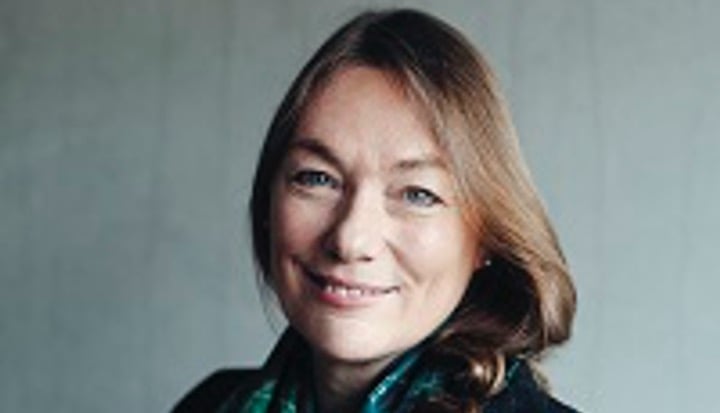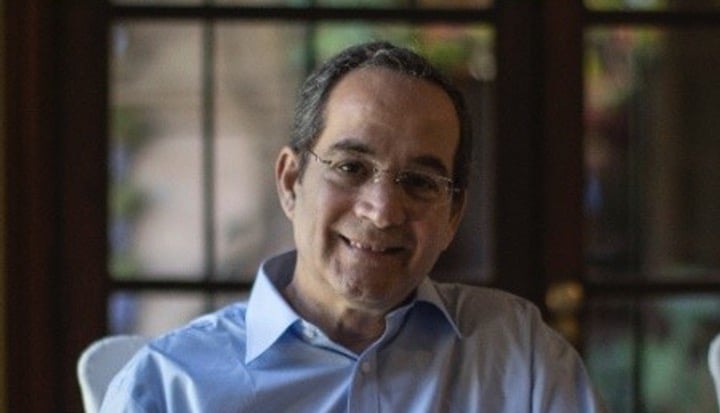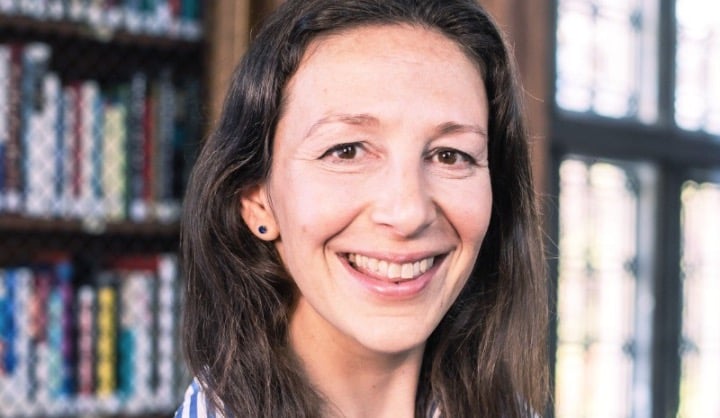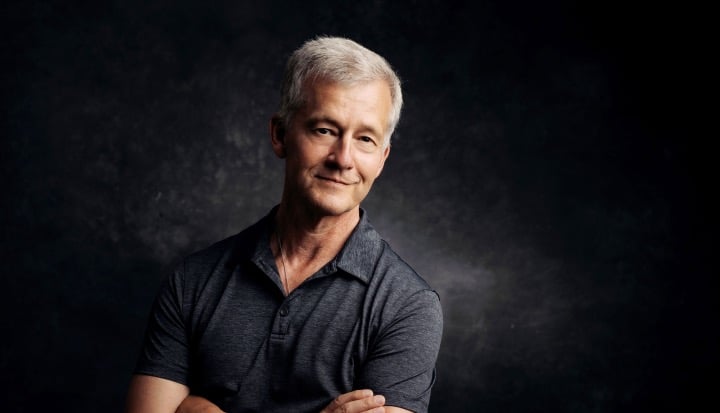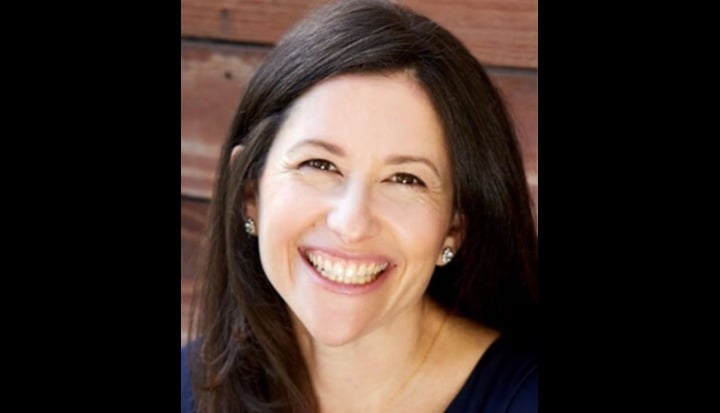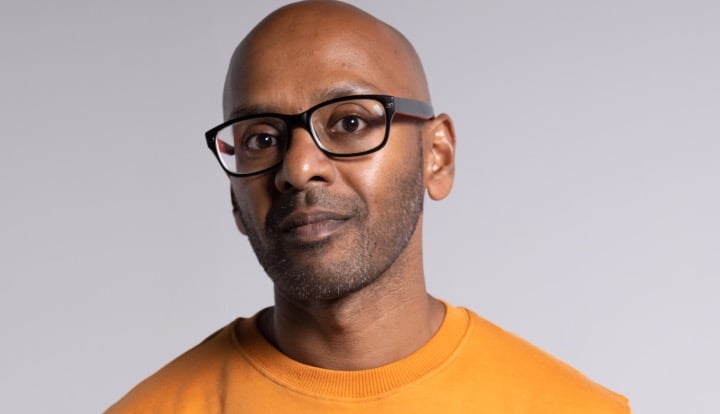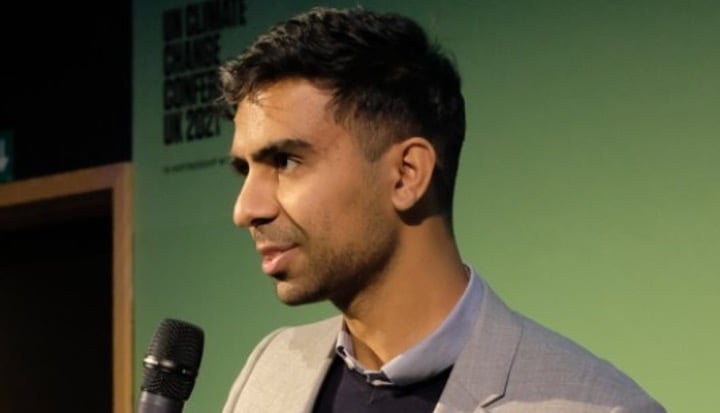BFP: What do you do?
 MJ: I manage the Governance for Extractive Industries programme at the World Bank Institute. We are a team within the Bank that is committed exclusively to promoting transparency and accountability in the oil, gas and mining sector. Our team engages with the whole spectrum of stakeholders in this sector, acting as connectors and facilitators across different countries and different initiatives. We support companies, governments, and civil society in identifying opportunities to improve existing levels of accountability and transparency. We focus in particular on monitoring the award and implementation of oil, gas and mining agreements, and, working with our Africa Region colleagues, are supporting emerging multi-stakeholder coalitions for contract monitoring in four West African countries.
MJ: I manage the Governance for Extractive Industries programme at the World Bank Institute. We are a team within the Bank that is committed exclusively to promoting transparency and accountability in the oil, gas and mining sector. Our team engages with the whole spectrum of stakeholders in this sector, acting as connectors and facilitators across different countries and different initiatives. We support companies, governments, and civil society in identifying opportunities to improve existing levels of accountability and transparency. We focus in particular on monitoring the award and implementation of oil, gas and mining agreements, and, working with our Africa Region colleagues, are supporting emerging multi-stakeholder coalitions for contract monitoring in four West African countries.
![]()
As part of this work we have created GOXI.org, the online network set up in June last year to link practitioners in the extractives sector. GOXI is a space to share, learn and connect for action towards greater accountability and, in turn, better development outcomes of extractive industries in Africa.
I also provide input into the work of other teams in the Bank that deal with responsible business, especially those that support business coalitions fighting against corruption and working to improve governance standards.
BFP: What is the best part about your job?
MJ: I enjoy the fact that I get to interact with so many different organizations and individuals across such a broad range of countries, including national and multinational organizations, donors, businesses and NGOs. I like spotting opportunities for different people and institutions to work together – also inside the Bank, with its 10,000 employees! I enjoy the challenge of spotting who might have the particular expertise or experience that can be helpful on a project.
I also appreciate the fact that our work feels very relevant. Extractive issues are of such importance to so many countries in Africa and affect so many people, and will continue to do so for decades to come. In seeking to ensure better outcomes through capacity building support to local decision makers, it is good to know that what we do really matters. I value the chance to learn through practice what approaches can be most effective in delivering change on the ground.
BFP: What has been your greatest challenge?
MJ: Whereas the business community seems increasingly to be taking on board its role in the development process, I have been a little surprised about the resistance among some in the development community to the idea of working with business. In some quarters suspicions remain about the business agenda, and people find it hard to think of businesses as potential partners. This has been particularly striking in the work we’ve done on tackling malnutrition – perhaps a result of specific corporate legacy issues in that area. That said, multi-stakeholder efforts benefit from having the range of viewpoints in the room – otherwise it is possible to design something that looks perfect on paper but can be swiftly undermined by those resistant to change.
BFP: How have you overcome these challenges? What has been the secret of your success?
MJ: It sounds simplistic, but a great starting point is to get people together in the same room and get them talking. Don’t shy away from confrontation. Even when people initially seem to hold directly opposing views, they often find common ground. It helps to move the conversation onto practical issues such as outcomes, and away from ideological debates where there is less scope for agreement. It is useful to identify the areas of similar needs and mutual potential benefit, and to start with small agreements on less controversial issues. You can then keep building the relationship from that basis, working your way towards the more difficult topics.
BFP: If someone wants to do what you do, where should they start?
MJ: There is no one set path – which of course opens the door to people from many different backgrounds. The main thing to do is to reach out to those already in the position that you’re interested in, and identify entry points through your networks to connect with them. Build new relationships proactively and with enthusiasm, and stay on people’s radar. A need can often appear quite suddenly, and we all tend to reach out to those we know already. This can be a great source of opportunity. Relevant experience is of course always useful but a willingness to learn and to work hard is at least as important.
BFP: Finally: what do you hope to get out of being part of this community?
MJ: I find Business Fights Poverty very useful as a practical way of connecting with people and staying informed about where the current thinking is heading around CSR and business in development. I find the blogs and events listings especially useful. The scale of the network is a great benefit as it draws in such a wide range of contributors and participants.
Thank you to Michael Jarvis for taking the time to do this interview.
We’re always looking out for members to feature. Help us by taking two-minutes to update your profile, or by nominating someone for Business Fights Poverty Member of the Week.
This Member of the Week interview was conducted by Hester le Roux, BFP Member Relations Manager. Read previous Member of the Week interviews here.

